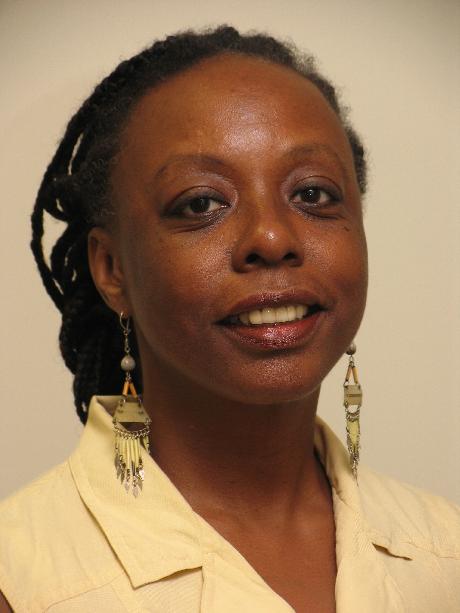West-Olatunji, Counselor Ed students learn from South African system
When American academics travel to sub-Saharan Africa, the public often sees them as missionaries – sharing the advanced learning of the West with struggling people on a strife-torn continent. But when Professor Cirecie West-Olatunji and her students traveled to South Africa and Botswana this summer, it was clear the Americans were the ones who had the most to learn.

West-Olatunji
"There's a lot more counseling going on in South Africa than there is here in the United States," said West-Olatunji, a professor of counselor education. "They're doing a much better job of making counseling available to everyone."
West-Olatunji took a group of 16 counselor educators – students, faculty, and counselors already in practice – on a trip to the two African nations in June. One of the intentions of the trip was to give students hands-on experience with the "rapid deployment" counseling model West-Olatunji teaches in her courses.
"When counselors are called on to help in a place that has suffered a disaster, they need to be able to enter a community rapidly, develop rapport quickly, assess problems and provide interventions," she said.
Last year, her students got to put those skills into practice in New Orleans, where children and teachers were returning to school for the first time after Hurricane Katrina. This year, West-Olatunji's students got a different experience – a crash course in adapting to a very different culture on short notice.
The group spent 23 days in South Africa and Botswana, exploring and participating in those countries' counseling systems. South Africa and Botswana have community-based systems in which counseling services are delivered by local volunteers who are trained by professional counselors.
Community-based counseling was popular in the United States in the 1960s and 1970s, but it gave way to a more "agency-based" model as increasing numbers of Americans sought counseling through government agencies and intervention programs in the workplace. These days, counselors in the U.S. resort to the use of the community model primarily in the wake of major disasters, when the need for counseling overwhelms the abilities of professional counselors.
Community counseling is still alive and well in Eastern Europe, South America and southern Africa, however, and West-Olatunji believes clients in developing countries are better off for it. In these places, she said, community counseling is making counseling services available to a much wider population than would be possible in an agency-based system – and with lay counselors who are actually quite skilled.
"Their ability to debrief and process their cases, for instance, is at the level of some of our best graduates," she said.
West-Olatunji's group brought with them a collection of textbooks for the counseling section of the University of Botswana's library. Geographically far-removed from the centers of research in Europe and the U.S., the university has a difficult time acquiring up-to-date material. By contacting publishers directly, West-Olatunji and her students secured more than $6,000 worth of new books for the library.
West-Olatunji hopes to establish an annual, five-week internship in Botswana. While most counseling graduates will go on to work in agency-like settings, West-Olatunji says she hopes some students will be able to open the door to more uses of community-based counseling here.
"Change doesn't have to involve big, uncomfortable moves," she said. "This is just another tool they can use to provide what the people need."




